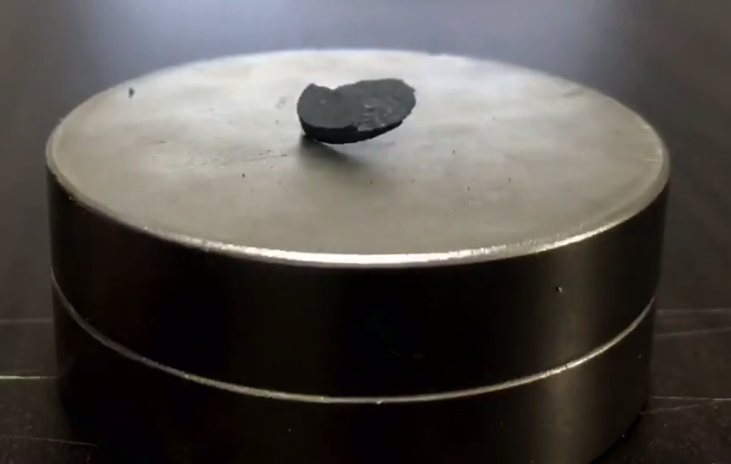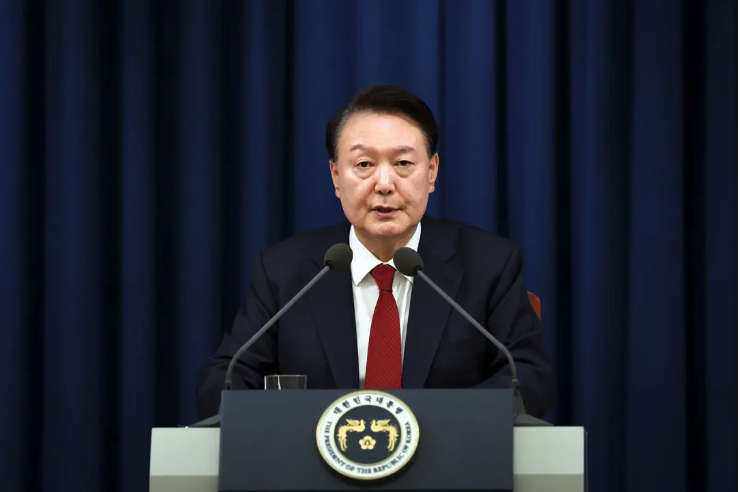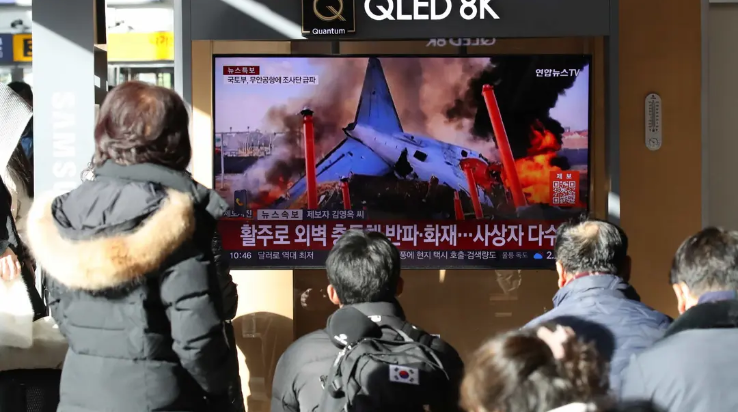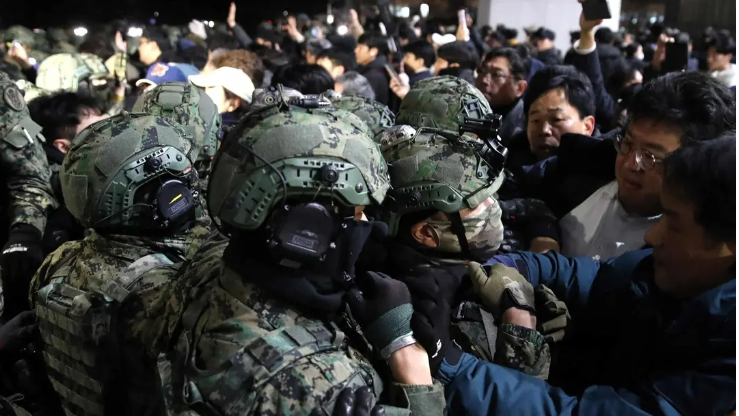Controversy Mounts Over LK-99 Superconductor
LK-99, a material discovered by Korean researchers last month — reportedly capable of conducting electricity at room temperature and pressure — has touched off a global race to replicate and verify the groundbreaking superconductor.

Facts
- LK-99, a material discovered by Korean researchers last month — reportedly capable of conducting electricity at room temperature and pressure — has touched off a global race to replicate and verify the groundbreaking superconductor.1
- Superconductors are materials that conduct electricity without resistance but can only be achieved in extremely low temperatures or under high pressure. They are critical to various everyday applications, from magnetic resonance imaging (MRI) machines to The European Organization for Nuclear Research's (CERN) Large Hadron Collider.2
- On July 22, two separate non-peer-reviewed papers were uploaded to Cornell University's pre-print server by Sukbae Lee and Ji-Hoon Kim. These papers purported that LK-99, a lead-copper compound, was a superconductor that could create a room-temperature semiconductor with no loss of energy.3
- However, on Thursday, the Korean Society of Superconductivity and Cryogenics determined that LK-99 is not a superconductor, adding that the duo has also refused to submit a sample for its test.4
- Meanwhile, researchers at Southeast University in China have claimed that they had measured zero electrical resistance in their experiments on LK-99 — a sign of superconductivity. Skepticism mounted as the results were obtained when LK-99 was cooled down to -260° F (-162° C).5
- Superconductivity is notoriously difficult to observe in a lab setting. But if LK-99 is proven to be a room-temperature superconductor, the discovery could have massive implications.6
Sources: 1Time, 2Bloomberg, 3Washington Post, 4Yonhap News Agency, 5New York Times, and 6FT.
Narratives
- Narrative A, as provided by The Daily Beast. Unfortunately, this would-be breakthrough is a dud, as every attempt to replicate the experiment's results has been lackluster. Many professional physicists have found the research to be amateurish and improbable. However, this has kept the media and financial markets from running away with a dubious science story. Until proven otherwise, LK-99 is a flop.
- Narrative B, as provided by Washington Post. The LK-99 saga has been a fruitful and inspiring moment for science. Everyone, from backyard researchers to Ivy League teams, has been attempting to test the original claims, sparking a scientific frenzy the world has not seen in some time. While the initial claims may or may not be debunked, the world looked at science-in-action and can build on this research to continue the superconductor hunt. The implications from manufacturing to computing to transportation could be enormous.






